Year 6
The English curriculum is built around the three interrelated strands of language, literature and literacy. Teaching and learning programs should balance and integrate all three strands. Together, the strands focus on developing students' knowledge, understanding and skills in listening, reading, viewing, speaking, writing and creating. Learning in English builds on concepts, skills and processes developed in earlier years, and teachers will revisit and strengthen these as needed.
In Years 5 and 6, students communicate with peers and teachers from other classes and schools, community members, and individuals and groups, in a range of face-to-face and online/virtual environments.
Students engage with a variety of texts for enjoyment. They listen to, read, view, interpret and evaluate spoken, written and multimodal texts in which the primary purpose is aesthetic, as well as texts designed to inform and persuade. These include various types of media texts including newspapers, film and digital texts, junior and early adolescent novels, poetry, non-fiction and dramatic performances. Students develop their understanding of how texts, including media texts, are influenced by context, purpose and audience.
The range of literary texts for Foundation to Year 10 comprises Australian literature, including the oral narrative traditions of Aboriginal and Torres Strait Islander Peoples, as well as the contemporary literature of these two cultural groups, and classic and contemporary world literature, including texts from and about Asia.
Literary texts that support and extend students in Years 5 and 6 as independent readers describe complex sequences, a range of non-stereotypical characters and elaborated events including flashbacks and shifts in time. These texts explore themes of interpersonal relationships and ethical dilemmas within real-world and fantasy settings. Informative texts supply technical and content information about a wide range of topics of interest as well as topics being studied in other areas of the curriculum. Text structures include chapters, headings and subheadings, tables of contents, indexes and glossaries. Language features include complex sentences, unfamiliar technical vocabulary, figurative language, and information presented in various types of graphics.
Students create a range of imaginative, informative and persuasive types of texts such as narratives, procedures, performances, reports, reviews, explanations and discussions.
(source: www.australiancurriculum.edu.au)
Achievement Standard
Receptive modes (listening, reading and viewing)
By the end of Year 6, students understand how the use of text structures can achieve particular effects. They analyse and explain how language features, images and vocabulary are used by different authors to represent ideas, characters and events.
Students compare and analyse information in different and complex texts, explaining literal and implied meaning. They select and use evidence from a text to explain their response to it. They listen to discussions, clarifying content and challenging others' ideas.
Productive modes (speaking, writing and creating)
Students understand how language features and language patterns can be used for emphasis. They show how specific details can be used to support a point of view. They explain how their choices of language features and images are used.
Students create detailed texts elaborating on key ideas for a range of purposes and audiences. They make presentations and contribute actively to class and group discussions, using a variety of strategies for effect. They demonstrate an understanding of grammar, and make considered vocabulary choices to enhance cohesion and structure in their writing. They use accurate spelling and punctuation for clarity and make and explain editorial choices based on criteria.
(source: www.australiancurriculum.edu.au)
- Plus Plan
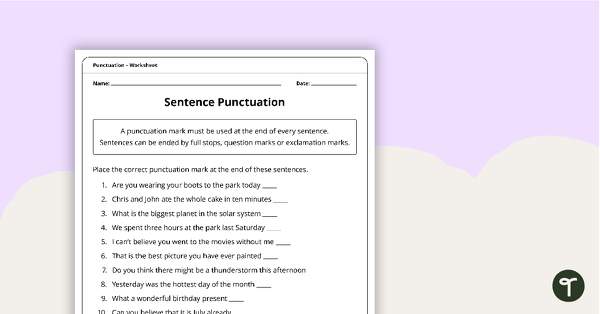
Punctuation Worksheet Pack – Upper Primary
A 6 page worksheet pack to consolidate the learning of punctuation for the upper years.
- Plus Plan
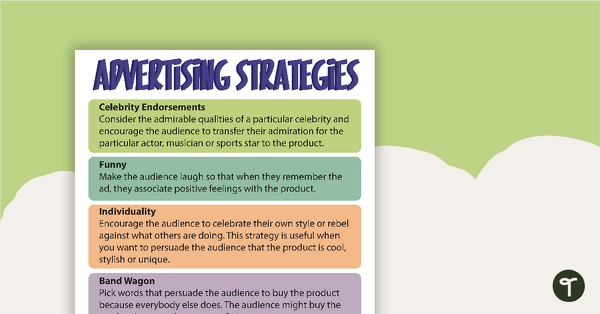
Healthy Lifestyle - Advertising Challenge
A fun advertising challenge to use in the classroom for students to persuade others to live a healthy lifestyle.
- Plus Plan
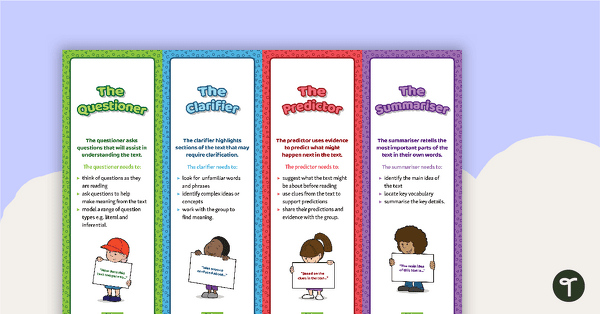
Reciprocal Teaching Role Bookmarks
A set of 4 colourful bookmarks explaining reciprocal teaching roles.
- Plus Plan
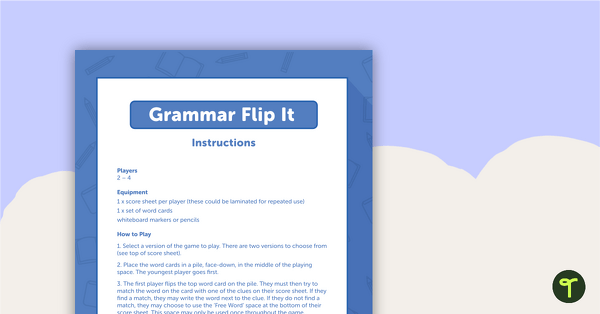
Verb Grammar Card Game – Flip It!
A fun game for students to play in small groups to consolidate their understanding of verbs.
- Plus Plan
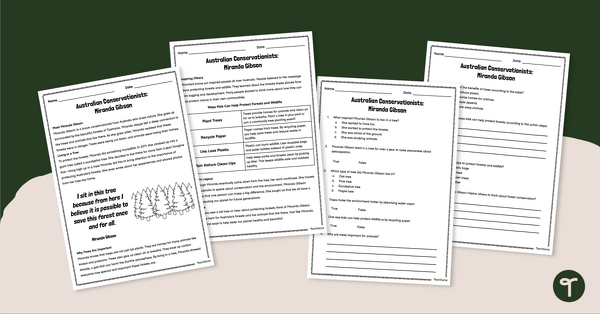
Australian Conservationists: Miranda Gibson – Comprehension Worksheet
Learn about Miranda Gibson and her conservation work with this 2-page reading passage and accompanying comprehension questions.
- Plus Plan
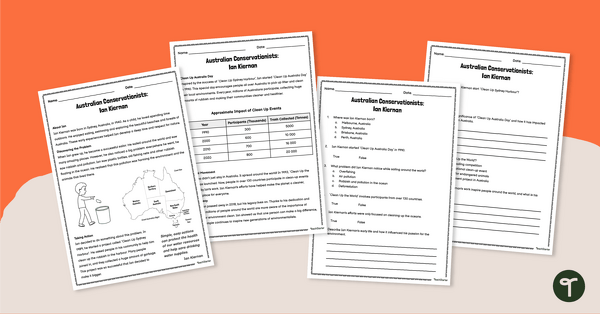
Australian Conservationists: Ian Kiernan – Comprehension Worksheet
Learn about Ian Kiernan and his conservation work with this 2-page reading passage and accompanying comprehension questions.
- Free Plan
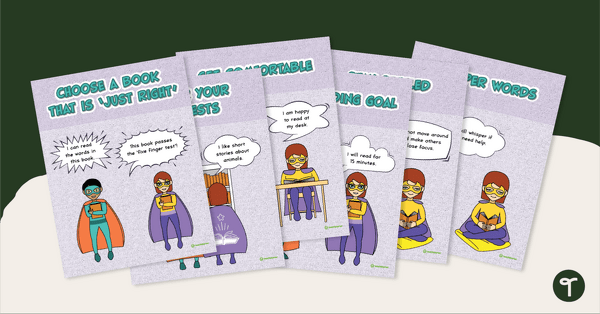
Super Stamina Reading Posters
Highlight strategies students can use to read for longer periods of time with this printable poster set for a school library or classroom.
- Plus Plan
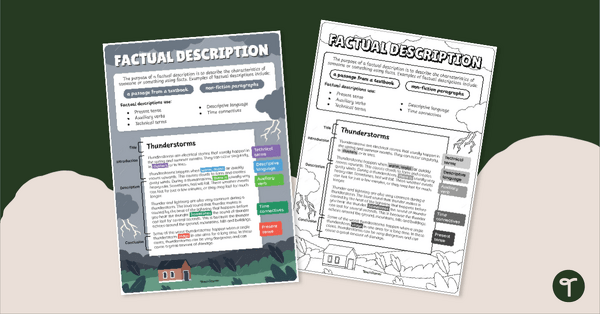
Factual Description Text Type Poster With Annotations
Display this factual description with annotations to help students identify the structure of this type of text.
- Plus Plan
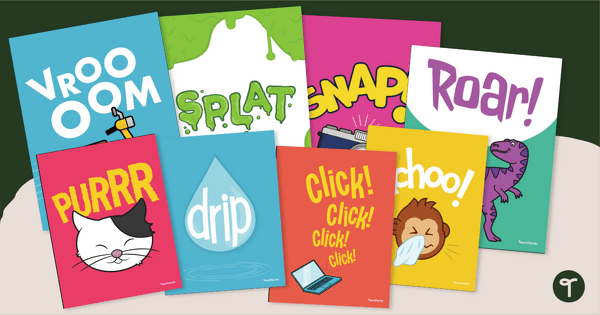
Figurative Language Posters – Onomatopoeia
Help young readers and writers recognise onomatopoeias with a set of onomatopoeia classroom posters.
- Plus Plan
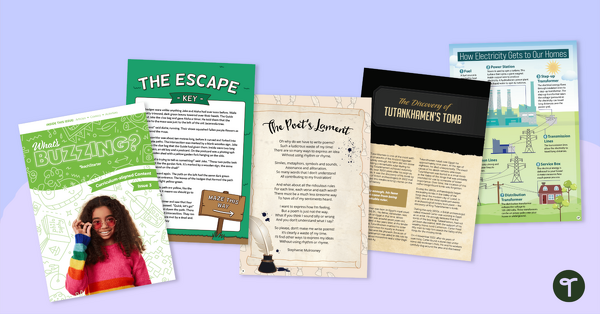
Year 6 Magazine – What's Buzzing? (Issue 3)
Issue 3 of our beautifully designed, 24-page reading magazine specifically designed for Year 6 students.
- Plus Plan
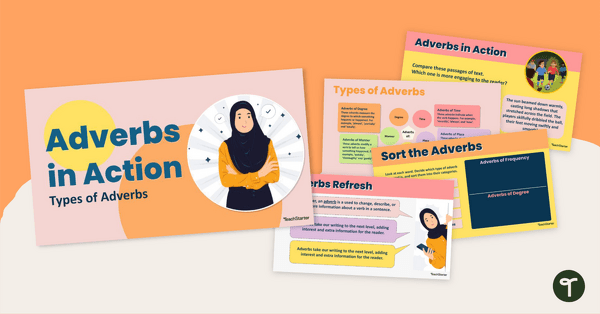
Types of Adverbs Teaching Slides
Explore five types of adverbs in this action-packed adverb adventure teaching slide deck! This resource covers adverbs of time, place, manner, frequency and degree.
- Plus Plan
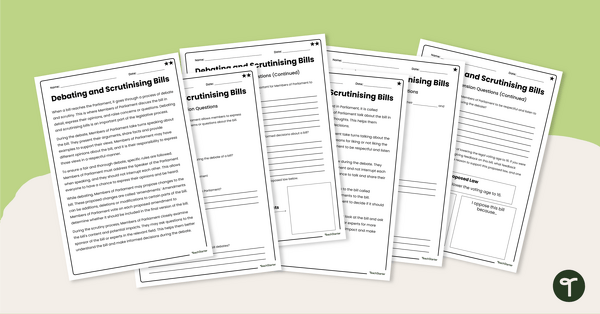
Debating and Scrutinising Bills - Comprehension Worksheets
Explore how bills are debated and scrutinised in the Australian Federal Parliament with this differentiated reading comprehension activity.
- Plus Plan
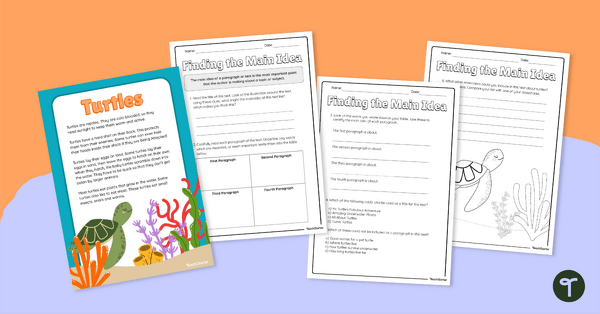
Finding The Main Idea - Comprehension Task (Turtles)
Explore the wonderful world of turtles with this comprehension task focusing on the main idea.
- Free Plan
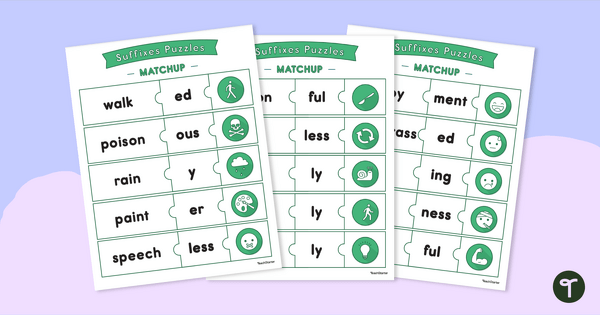
What is an Affix? Suffix Puzzle Pack
Practice building, reading, and understanding the meaning of words with suffixes with a fun set of printable puzzles for kids.
- Free Plan
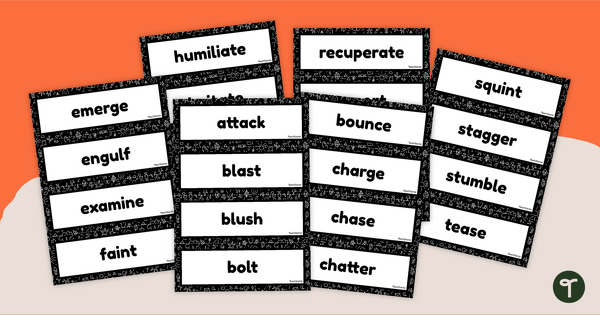
Strong Verbs Word Wall
Print a set of strong verbs word wall cards to help your students boost their writing skills!
- Plus Plan
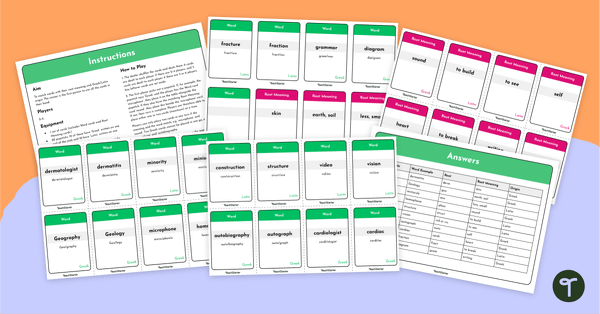
Greek and Latin Roots – Card Kaboom!
Explore Greek and Latin word origins with this hand-on card game.
- Plus Plan
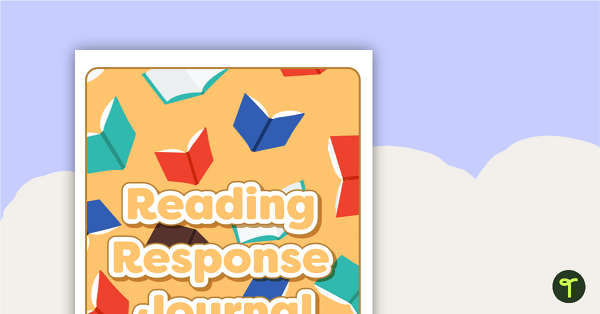
Reading Response Journal – Comprehension Templates
A journal with comprehension sheets designed for students to study texts.
- Plus Plan
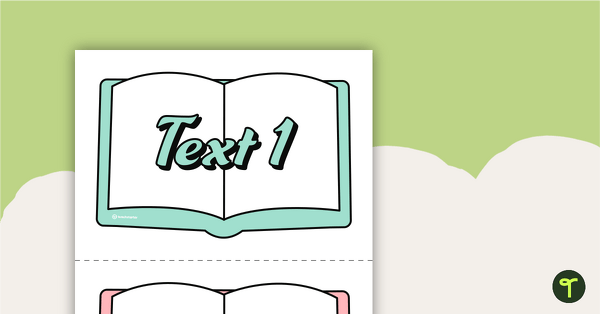
Narrative Writing Bump It Up Wall – Year 6
A visual display for your classroom to help students ‘bump up’ their narrative writing.
- Plus Plan
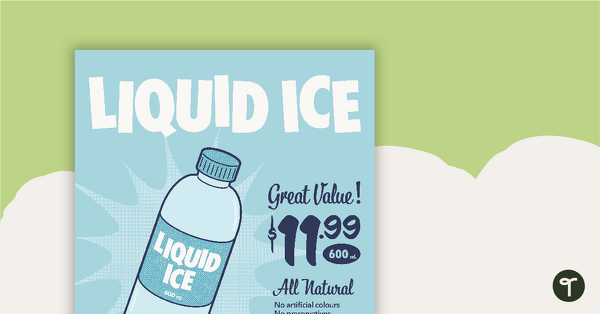
Liquid Ice – Worksheet
A comprehension worksheet for a fake advertisement from the Year 5 magazine (Issue 3).
- Plus Plan
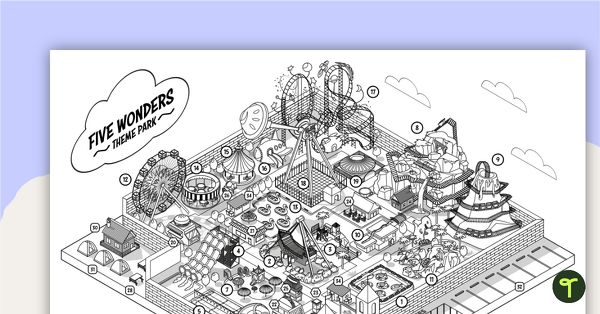
Five Wonders Theme Park – Stimulus Posters
A number of stimulus posters all themed around Five Wonders Theme Park.
- Plus Plan
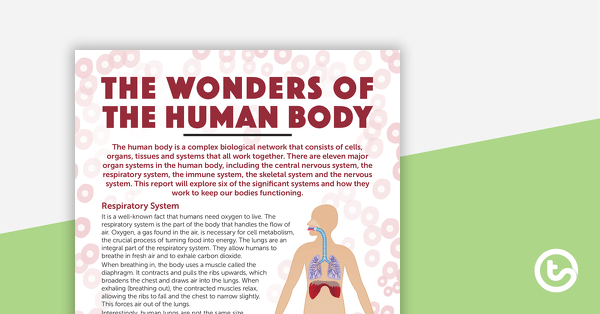
The Wonders of the Human Body – Worksheet
A comprehension worksheet for an information report from the Year 6 magazine (Issue 2).
- Plus Plan
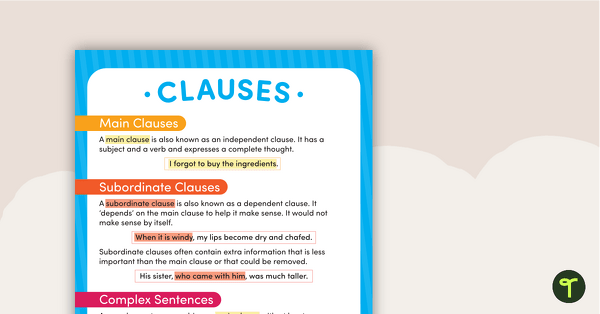
Main Clauses and Subordinate Clauses Poster
A poster explaining main clauses and subordinate clauses.
- Plus Plan
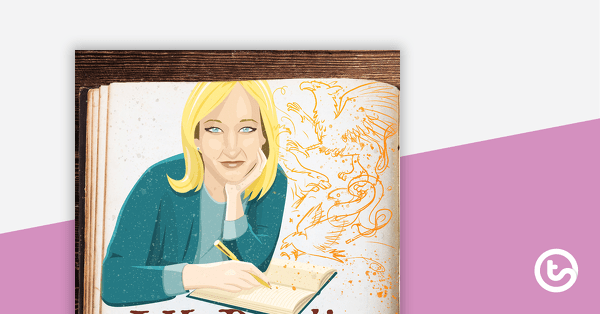
J. K. Rowling Biography – Worksheet
A comprehension worksheet for a biography from the Year 5 magazine (Issue 2).
- Plus Plan
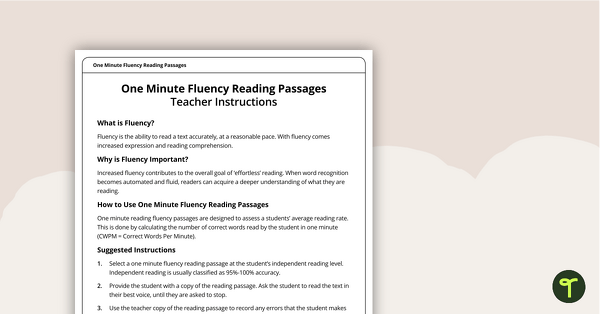
Fluency Reading Passage - Tropical Cyclones (Year 6)
A non-fiction text to use when assessing students' fluency.
- Plus Plan
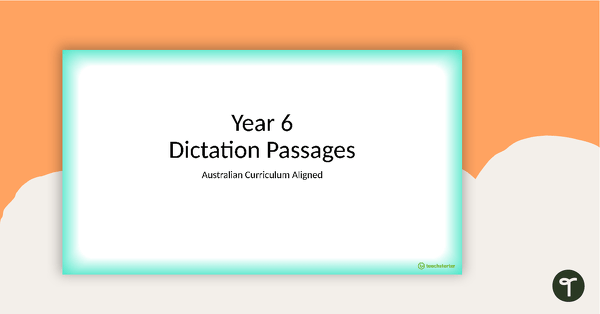
Dictation Passages PowerPoint - Year 6
A 22 slide editable PowerPoint Template which can be used for a range of dictation activities.
- Plus Plan
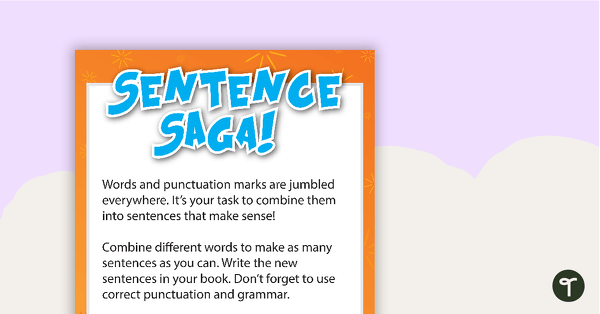
Sentence Saga Literacy Activity (Silly Sentences)
Words and punctuation marks are jumbled everywhere. It’s your task to combine them into sentences that make sense!
- Plus Plan
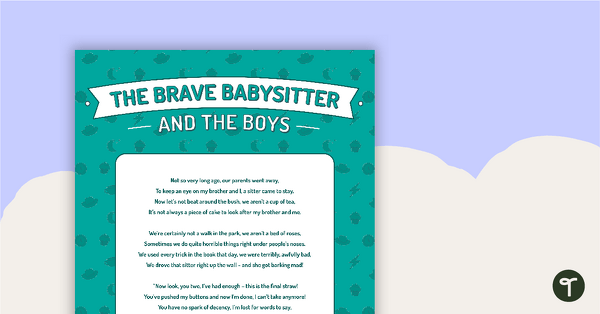
Elements of Poetry Worksheet - Idioms
A worksheet to help students understand idioms in poetry.
- Plus Plan
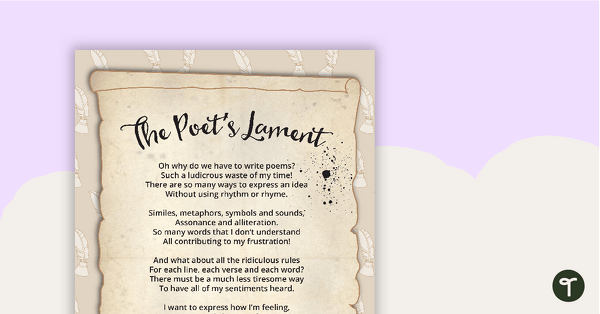
Elements of Poetry Worksheet - Structure, Rhyme and Rhythm
A worksheet to help students understand structure, rhyme and rhythm in poetry.
- Plus Plan
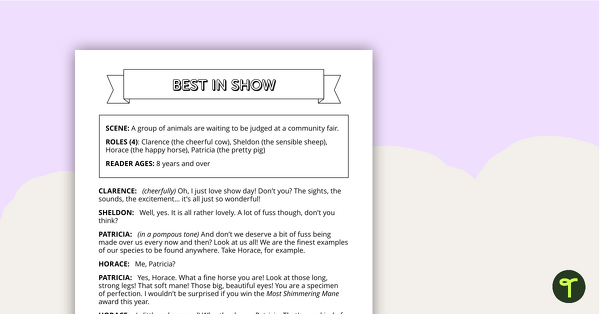
Readers' Theatre Script - Best In Show
A script which can be used during readers' theatre or Drama sessions, aimed at students 8 years and over.
- Plus Plan
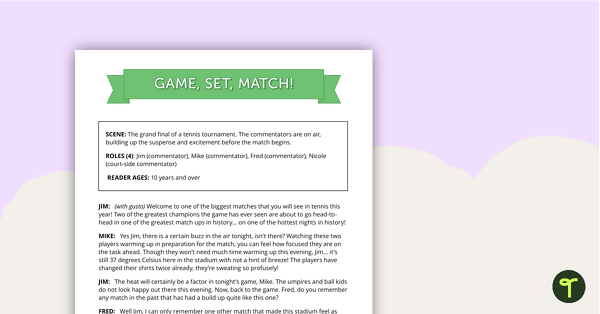
Readers' Theatre Script - Game, Set, Match!
A script which can be used during readers' theatre or Drama sessions, aimed at students 10 years and over.
- Plus Plan
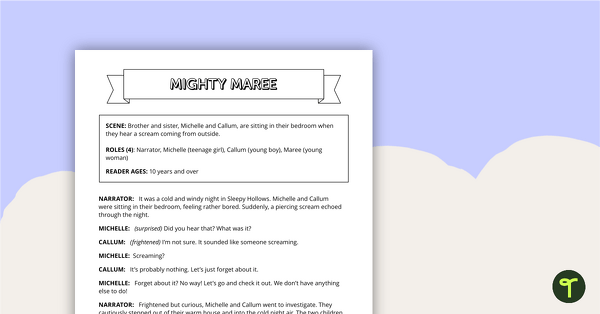
Readers' Theatre Script - Mighty Maree
A script which can be used during readers' theatre or Drama sessions, aimed at students 10 years and over.
- Free Plan
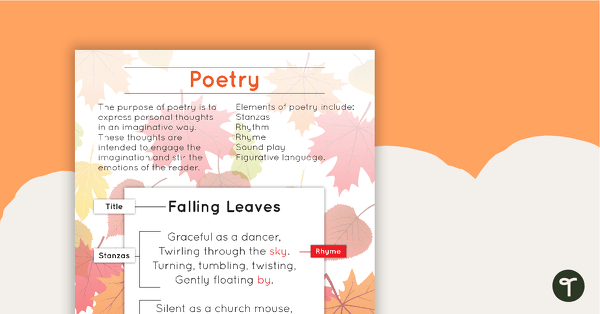
Poetry Poster With Annotations
A poster about poetry, including an annotated example.